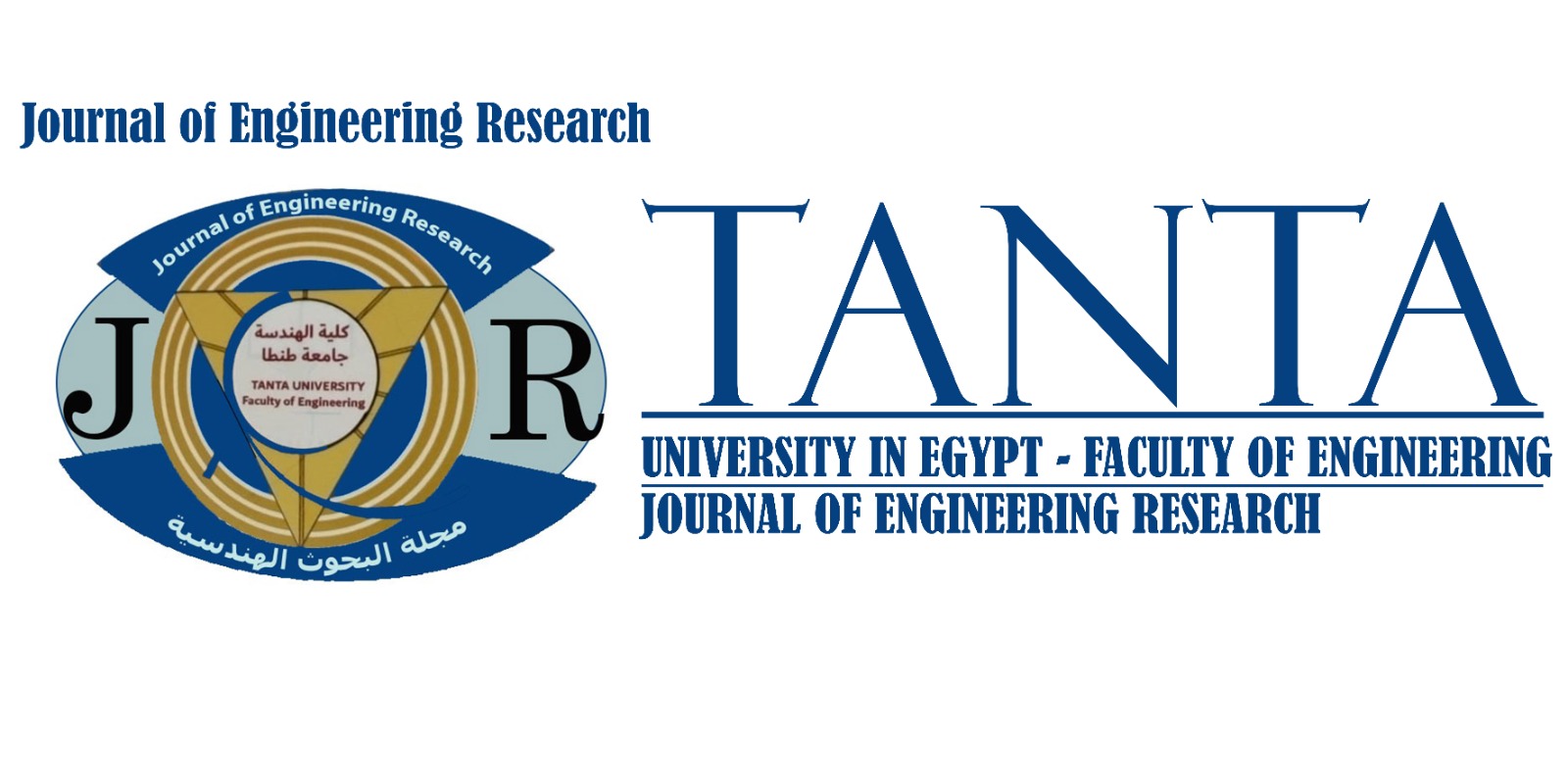Journal of Engineering Research

Abstract
Abstract- Architectural heritage is a powerful image of the community's identity and is only a natural result of human interaction with the surrounding environment. heritage–based -architectural articulations are a way to achieve human comfort in certain conditions and environments. This paper discusses the relationship between architectural heritage and community identity.
It also analyses the different parameters of vernacular articulations and enhanced vernacular articulations that control indoor human thermal comfort. In addition, the paper focuses on the factors affecting these articulations such as airflow, wind, temperature regulation, and light control. the results of this analytical process indicate how design configurations of modern vernacular articulations could be controlled to enhance the microclimatic conditions indoors without losing identity.
This paper compares selected modern projects that used integrated heritage-based articulation with a vernacular one to indicate the negative strategies used in the design of this modern articulation. Finally, this paper discusses the efficiency of these articulations and the possibility of developing them. It focuses on three main articulations windcatcher, mashrabiya, and courtyard.
In general, it’s important to guarantee a full understanding of the environmental functions and design standards of local articulations while trying to preserve its cultural heritage and architectural identity.
Recommended Citation
altobaa, reham elsayed; abdeltawab, Ayman gamal; and Mehanna, Walaa
(2023)
"Comparative analysis between the performance of vernacular articulations and enhanced architectural articulations -case study mashrabiya –,"
Journal of Engineering Research: Vol. 7:
Iss.
6, Article 5.
Available at:
https://digitalcommons.aaru.edu.jo/erjeng/vol7/iss6/5

